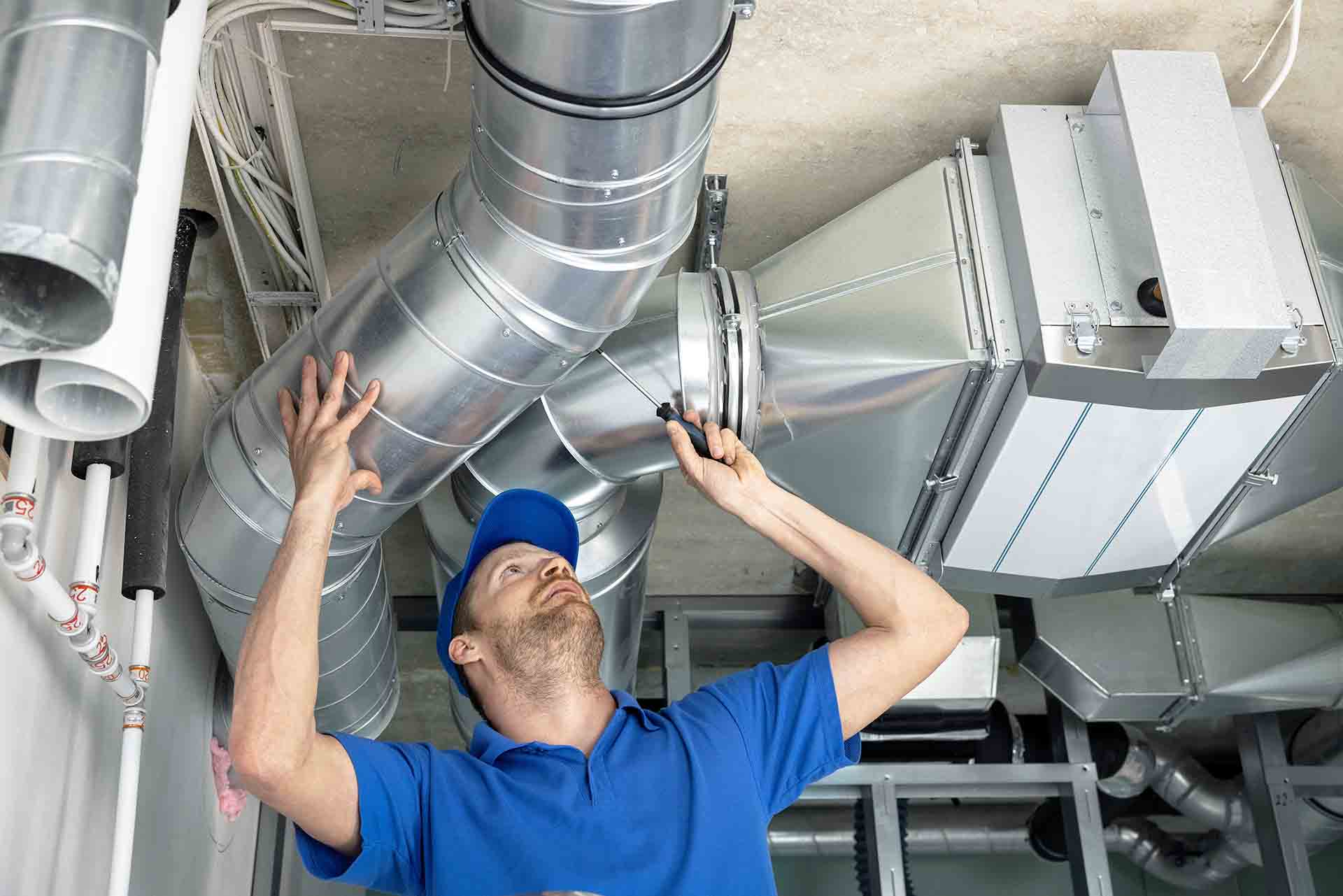

Articles
How Much Does A HVAC Installer Make
Modified: December 7, 2023
Learn about the salary potential of HVAC installers in this informative article. Discover how much these skilled professionals can earn in their field.
(Many of the links in this article redirect to a specific reviewed product. Your purchase of these products through affiliate links helps to generate commission for Storables.com, at no extra cost. Learn more)
Introduction
Welcome to the world of HVAC installation, where skilled technicians bring comfort and efficiency to our homes and businesses. Heating, Ventilation, and Air Conditioning (HVAC) systems play a crucial role in maintaining optimal indoor temperatures and air quality, and HVAC installers are the experts who make it all happen.
In this fast-paced industry, understanding the salary potential of a HVAC installer can help both aspiring technicians and those already in the field plan their career paths and make informed decisions. From entry-level positions to experienced professionals, the earning potential in this field can vary depending on several factors.
In this article, we will explore the various factors that can influence the salaries of HVAC installers, from experience and education to location and industry demand. We will also delve into the average salary range for HVAC installers, as well as the benefits and bonuses that may come along with the job. Finally, we will touch on the job outlook for HVAC installers in today’s market.
Whether you’re considering a career in HVAC installation or simply curious about the earning potential in this field, join us as we uncover the ins and outs of HVAC installer salaries.
Key Takeaways:
- HVAC installers’ salaries vary based on experience, education, and location, with entry-level technicians earning around $30,000 to $40,000 and experienced professionals making $60,000 to $80,000 or more annually.
- The job outlook for HVAC installers is positive, with a projected 4% employment growth from 2019 to 2029. The demand for energy-efficient systems and building construction contributes to steady opportunities in the field.
Read more: How Much Do HVAC Installers Make
Overview of HVAC Installation
HVAC installation involves the installation, maintenance, and repair of heating, ventilation, and air conditioning systems in residential, commercial, and industrial settings. HVAC installers are responsible for ensuring that these systems operate efficiently and effectively, providing optimal comfort and air quality.
Installing an HVAC system involves a variety of tasks and requires a combination of technical knowledge and practical skills. HVAC installers work with a range of equipment, including furnaces, air conditioners, heat pumps, ventilation units, and ductwork. They must be adept at reading blueprints and technical diagrams, as well as understanding building codes and safety regulations.
During the installation process, HVAC installers may be required to assemble and connect various components, such as compressors, motors, fans, and thermostats. They must also test the system to ensure proper functioning and make adjustments as needed. In addition to installation, HVAC installers may also perform maintenance tasks, such as cleaning ducts, replacing filters, and inspecting electrical connections.
HVAC installation can be physically demanding and may involve working in tight spaces, on roofs, or in high places. Installers must be comfortable using a variety of tools and equipment, including wrenches, gauges, drills, and electrical testers.
As the demand for energy-efficient and environmentally friendly HVAC systems continues to grow, HVAC installers may also be required to have knowledge of green technologies, such as solar heating and geothermal systems. Staying up-to-date with advancements in technology and industry regulations is essential for HVAC installers to provide the best service to their clients.
Now that we have a general understanding of HVAC installation, let’s explore the various factors that can impact the salaries of HVAC installers.
Factors Affecting HVAC Installers’ Salaries
When it comes to determining the salary of HVAC installers, several factors come into play. These factors can greatly impact the earning potential of individuals in this field. Here are some of the key factors affecting HVAC installers’ salaries:
- Experience: Like in many professions, experience plays a significant role in determining salary. HVAC installers with more years of experience are likely to earn higher salaries compared to those who are just starting out. This is because experienced installers have honed their skills and have a proven track record of successful installations.
- Education and Certification: While not always a requirement, having formal education or certification in HVAC installation can open doors to higher-paying opportunities. HVAC installers who have completed a relevant trade school program or obtained industry-recognized certifications such as NATE (North American Technician Excellence) are often more desirable to employers and can command higher salaries.
- Specialized Skills: Certain specialized skills within HVAC installation can also impact salary potential. For example, installers who are proficient in working with advanced HVAC systems or have expertise in energy-efficient technologies may be in higher demand and therefore earn higher salaries.
- Location: The location in which an HVAC installer works can have a significant impact on their salary. Factors such as cost of living, local industry demand, and regional competition can all influence salary ranges. Installers working in metropolitan areas or regions with high demand for HVAC services may earn higher salaries compared to those in rural or less competitive areas.
- Employer Type and Size: The type and size of the employer can also impact the salary of HVAC installers. Larger companies or organizations with more complex HVAC systems may offer higher salaries to attract and retain skilled installers. Additionally, HVAC installers who work for government agencies or in specialized industries such as healthcare or manufacturing may also earn higher salaries.
- Union Memberships: In some regions, HVAC installers may be members of trade unions. Being a member of a union can provide additional benefits and protections, including negotiated wage rates that may be higher than non-unionized workers in the same field.
It’s important to note that while these factors can influence HVAC installers’ salaries, individual negotiation skills and job performance can also play a role. Exceptional installers who consistently deliver high-quality work and excellent customer service may have the opportunity to negotiate higher pay or receive performance-based bonuses and incentives.
Now that we understand the factors that can impact HVAC installers’ salaries, let’s explore the salary range and average earnings in this profession.
Salary Range of HVAC Installers
When it comes to the salary range for HVAC installers, it can vary based on several factors such as experience, education, location, and the size and type of employer. While entry-level HVAC installers may start at a lower salary, as they gain experience and expertise, their earning potential increases.
On the lower end of the spectrum, entry-level HVAC installers can expect to earn around $30,000 to $40,000 per year. These are typically individuals who have completed a trade school program or apprenticeship and are just starting their careers. As they gain experience and industry certifications, their earning potential can increase.
Mid-level HVAC installers with a few years of experience can earn between $40,000 and $60,000 per year. These technicians have demonstrated their skills and knowledge in the field and are often entrusted with more complex installations and projects.
Experienced HVAC installers with a solid track record of successful installations and a significant amount of experience can earn salaries ranging from $60,000 to $80,000 or more per year. These installers often have specialized skills or work in high-demand areas, allowing them to command higher pay.
It’s important to note that the salary range mentioned above is a general guideline and can vary based on factors such as location and industry demand. In high-cost-of-living areas or regions with a strong demand for HVAC services, the salary range can be higher compared to areas with lower demand.
In addition to base salaries, HVAC installers may also receive other benefits and bonuses that can further enhance their overall compensation package.
Next, we’ll explore the average salary earned by HVAC installers to provide a clearer picture of the earning potential in this field.
HVAC installers typically make an average of $48,000 per year, but this can vary based on location, experience, and the company they work for. It’s important to research the average salary in your area and negotiate your pay based on your skills and qualifications.
Average Salary of HVAC Installers
The average salary of HVAC installers can vary depending on several factors such as experience, education, location, and employer type. According to the U.S. Bureau of Labor Statistics (BLS), as of May 2020, the median annual wage for HVAC installers was $50,590.
It’s important to note that the median wage represents the midpoint, meaning that half of HVAC installers earn more than this amount, while the other half earn less. The salary range within the HVAC installation field can be quite broad, with entry-level installers earning less than the median wage and experienced installers earning significantly more.
The BLS further breaks down the salary data, showing that the lowest 10 percent of HVAC installers earn less than $30,610 per year, while the highest 10 percent earn more than $82,090 per year. These figures give a better understanding of the salary potential in this profession.
The average salary can also vary depending on the industry in which HVAC installers work. For example, HVAC installers who work in residential settings may have a different average salary compared to those who work in commercial or industrial settings. Similarly, those who specialize in high-demand areas such as medical facilities or data centers may have higher average salaries.
Location can also play a major role in average salaries. Metropolitan areas with a higher cost of living or areas with a greater demand for HVAC services may offer higher average salaries compared to rural or less competitive areas.
It’s important to keep in mind that the average salary is just one piece of the puzzle. Many HVAC installers also receive additional benefits and bonuses that can further enhance their overall compensation package. Let’s explore some of these perks in the next section.
Benefits and Bonus for HVAC Installers
In addition to their base salaries, HVAC installers often enjoy a range of benefits and bonuses that further enhance their overall compensation package. These perks can vary depending on the employer and level of experience, but they can contribute significantly to an installer’s total earnings. Here are some common benefits and bonuses that HVAC installers may receive:
- Health Insurance: Many employers provide health insurance coverage for their HVAC installers, which can include medical, dental, and vision benefits. This helps ensure that installers have access to affordable healthcare services.
- Retirement Plans: Some employers offer retirement plans, such as 401(k) or pension plans, to help HVAC installers save for their future. These plans often include employer contributions or matching, allowing installers to build a solid retirement nest egg.
- Paid Time Off: HVAC installers may receive paid time off for vacation, holidays, and personal days. This allows them to take time off work while still receiving their regular salary.
- Education and Training: Employers may offer opportunities for HVAC installers to attend training programs or workshops to enhance their skills and knowledge. These training opportunities are often fully or partially funded by the employer.
- Tool and Uniform Allowance: Some employers provide a tool allowance or reimburse HVAC installers for the cost of purchasing and maintaining their tools. Additionally, employers may provide uniforms or reimburse installers for the cost of work attire.
- Performance-Based Bonuses: Exceptional HVAC installers who consistently deliver high-quality work and meet or exceed performance targets may receive performance-based bonuses. These bonuses can be a percentage of the installer’s base salary and are often awarded annually or quarterly.
- Overtime Pay: HVAC installers who work beyond their regular working hours may be eligible for overtime pay. This can significantly increase their earnings, especially during busy seasons or when working on large projects.
- Vehicle and Gas Allowance: Some employers provide HVAC installers with a company vehicle and cover the cost of gasoline. This benefit helps reduce the transportation expenses incurred by installers while traveling to and from job sites.
It’s important to note that the availability of these benefits and bonuses can vary depending on the employer and the installer’s employment status. Self-employed HVAC installers or contractors may need to arrange for their own benefits and may not receive the same perks as those employed by larger companies.
These benefits and bonuses not only add value to an HVAC installer’s overall compensation package but also demonstrate the employer’s commitment to their employees’ well-being and job satisfaction. Now, let’s explore the job outlook for HVAC installers in today’s market.
Job Outlook for HVAC Installers
The job outlook for HVAC installers is quite promising, with steady growth expected in the coming years. The increasing demand for energy-efficient and environmentally friendly HVAC systems, coupled with the need for regular maintenance and repairs, creates a positive outlook for professionals in this field.
According to the U.S. Bureau of Labor Statistics (BLS), employment of HVAC installers is projected to grow 4 percent from 2019 to 2029, which is about as fast as the average for all occupations. The need to replace older, less efficient systems with newer, more energy-efficient models, as well as the increasing focus on indoor air quality and environmental sustainability, drives the demand for HVAC installation and maintenance.
Additionally, as building construction and renovation continues to increase, the demand for HVAC systems and the need for skilled installers will also rise. Buildings such as offices, hospitals, schools, and residential complexes all require HVAC systems to provide comfortable and healthy indoor environments.
Moreover, the retirement of older HVAC installers will create job openings in the industry, providing opportunities for new technicians to enter the field. HVAC installers with up-to-date skills and certifications will have an advantage in securing these job openings.
It is worth noting that HVAC installers who have advanced knowledge and experience in energy-efficient technologies, such as solar and geothermal systems, may have even better job prospects. The push for sustainable solutions and increased government incentives for renewable energy systems can create a demand for installers with expertise in these areas.
However, it’s important to mention that the job outlook can vary by location. Areas with a higher population and strong construction activity are likely to have more opportunities for HVAC installers. Likewise, regions with extreme climates, such as very hot or cold areas, may have a higher demand for HVAC services throughout the year.
In summary, the job outlook for HVAC installers is positive, with steady growth expected in the coming years. Those who stay current with industry trends, technological advancements, and environmental regulations will be well-positioned to take advantage of the opportunities in this field.
Now, let’s wrap up the article.
Conclusion
HVAC installation is a vital profession that ensures our comfort and well-being by maintaining optimal indoor temperatures and air quality. As we explored in this article, the salary of HVAC installers can vary based on several factors such as experience, education, location, and employer type.
Factors such as experience and education play a significant role in determining an HVAC installer’s salary. Those with more years of experience or industry-recognized certifications often have higher earning potential. Specialized skills and knowledge in energy-efficient technologies can also impact salary ranges.
Location and employer type are key factors that influence salaries as well. HVAC installers working in metropolitan areas or regions with high demand typically earn higher salaries. Larger companies or specialized industries may also offer higher compensation packages.
In terms of salary range, entry-level HVAC installers can expect to earn around $30,000 to $40,000 per year, while experienced installers can earn $60,000 to $80,000 or more. The median annual wage for HVAC installers is approximately $50,590, according to the U.S. Bureau of Labor Statistics.
In addition to base salaries, HVAC installers often receive benefits and bonuses. These can include health insurance, retirement plans, paid time off, educational opportunities, tool allowances, performance-based bonuses, and more.
The job outlook for HVAC installers is positive, with a projected 4 percent employment growth from 2019 to 2029. The increasing focus on energy efficiency, environmental sustainability, and building construction contributes to the demand for HVAC installation and maintenance services.
Aspiring HVAC installers and those already in the field can use the information provided in this article to make informed decisions about their career paths and understand the earning potential within the profession.
In conclusion, HVAC installation offers a rewarding career with opportunities for growth and competitive salaries. With the right skills, experience, and dedication, HVAC installers can enjoy a fulfilling career in keeping our homes and businesses comfortable and efficient.
Frequently Asked Questions about How Much Does A HVAC Installer Make
Was this page helpful?
At Storables.com, we guarantee accurate and reliable information. Our content, validated by Expert Board Contributors, is crafted following stringent Editorial Policies. We're committed to providing you with well-researched, expert-backed insights for all your informational needs.
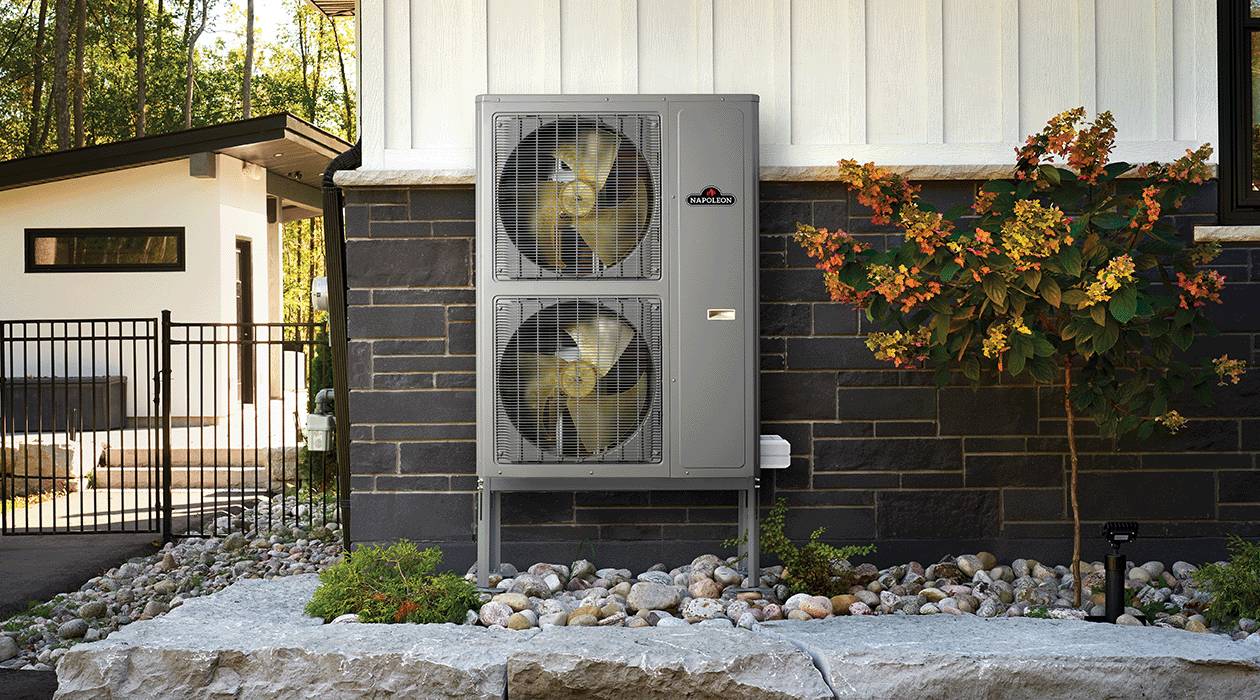
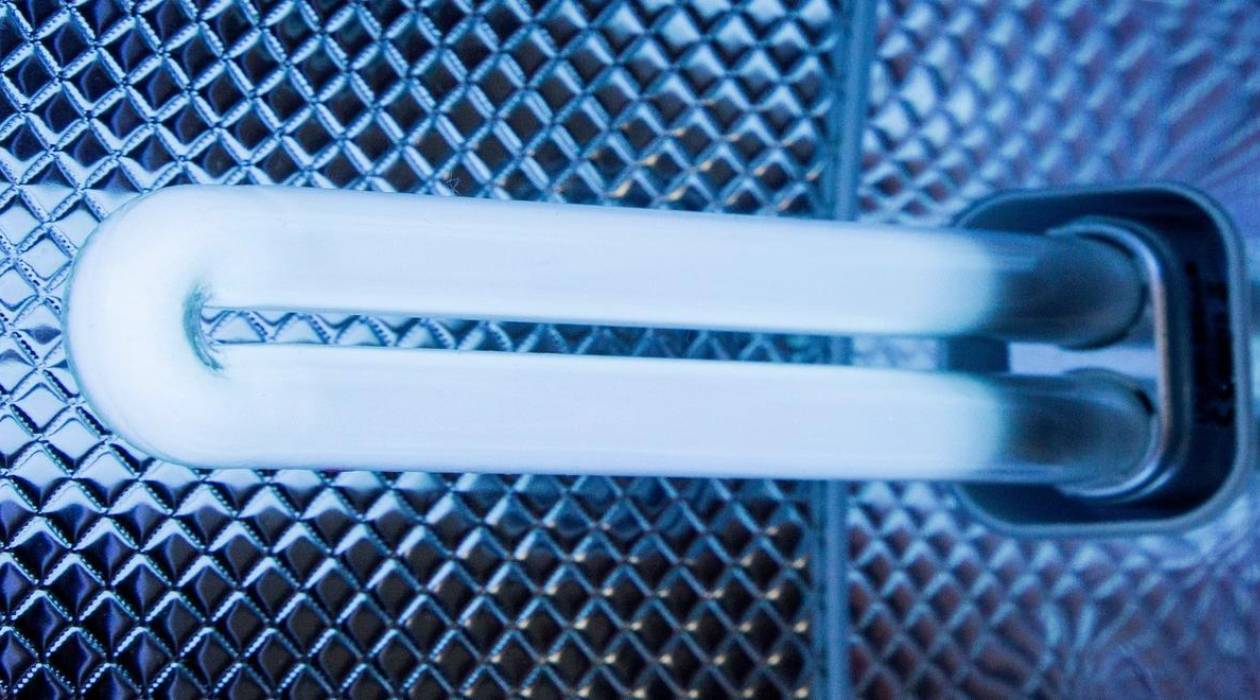
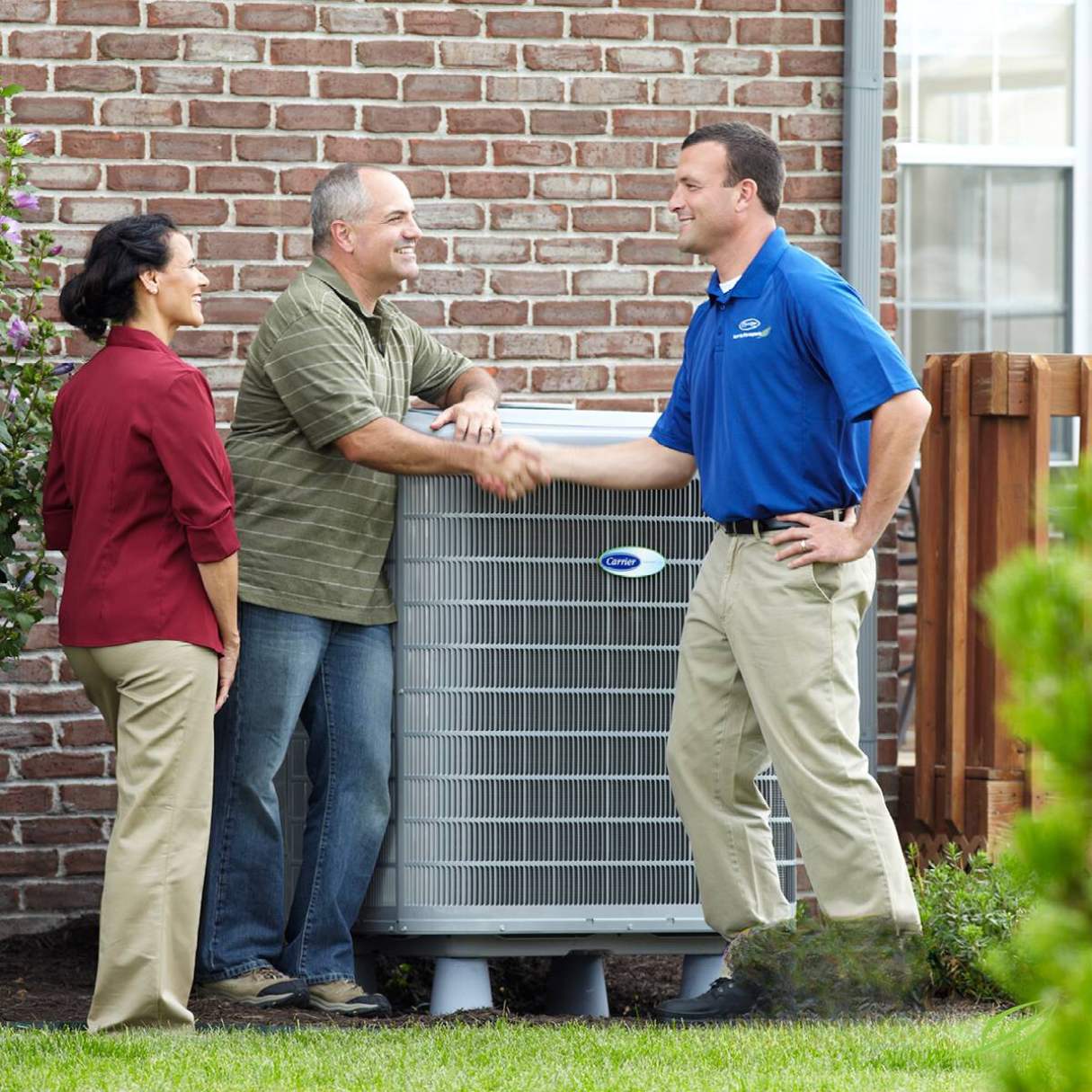
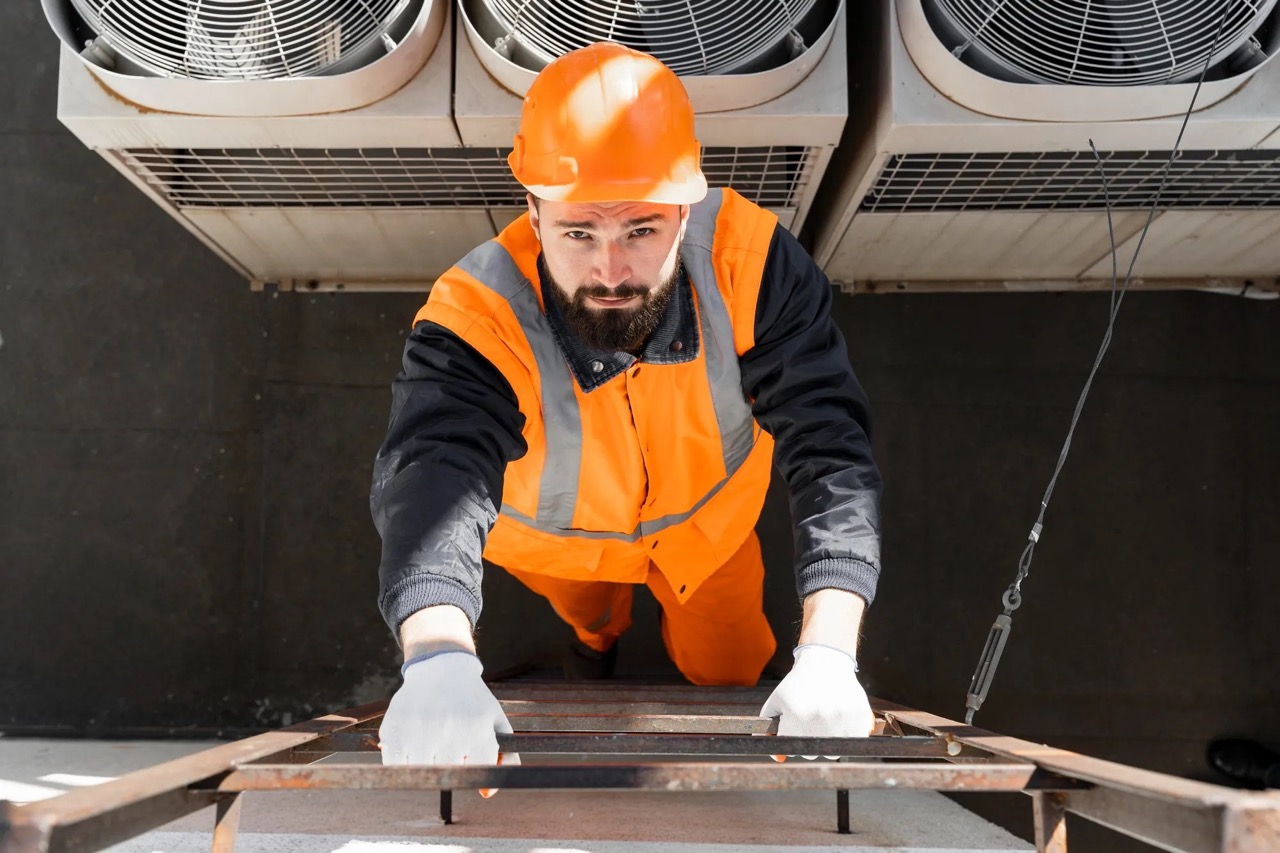
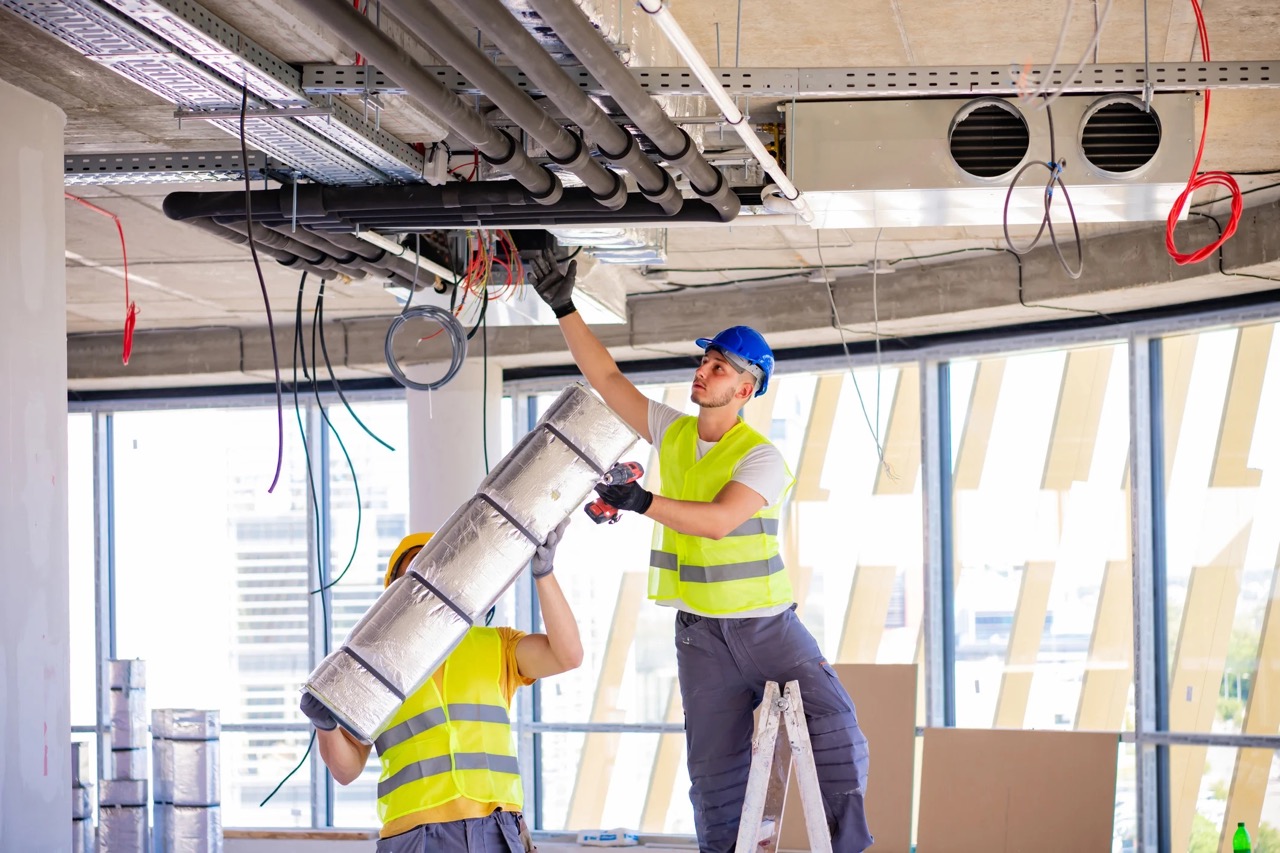
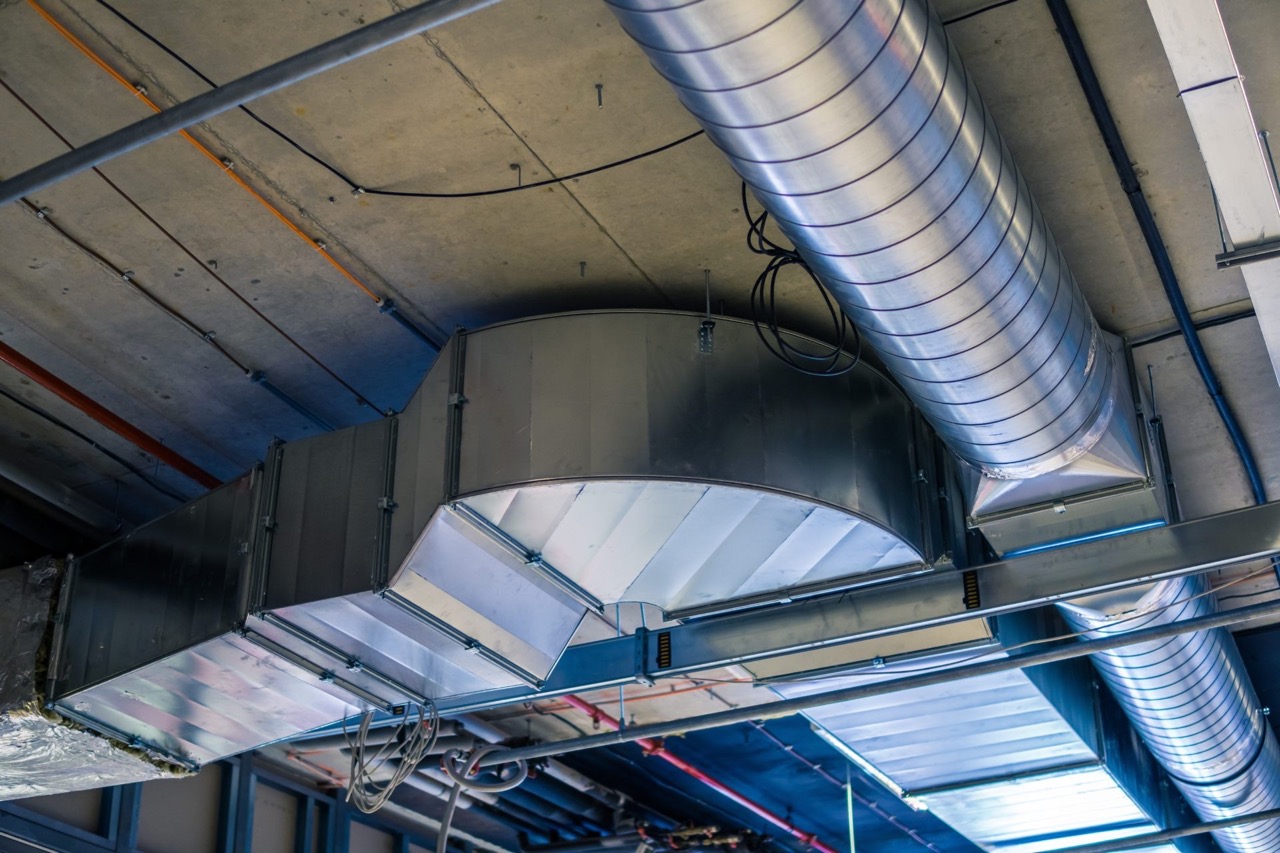
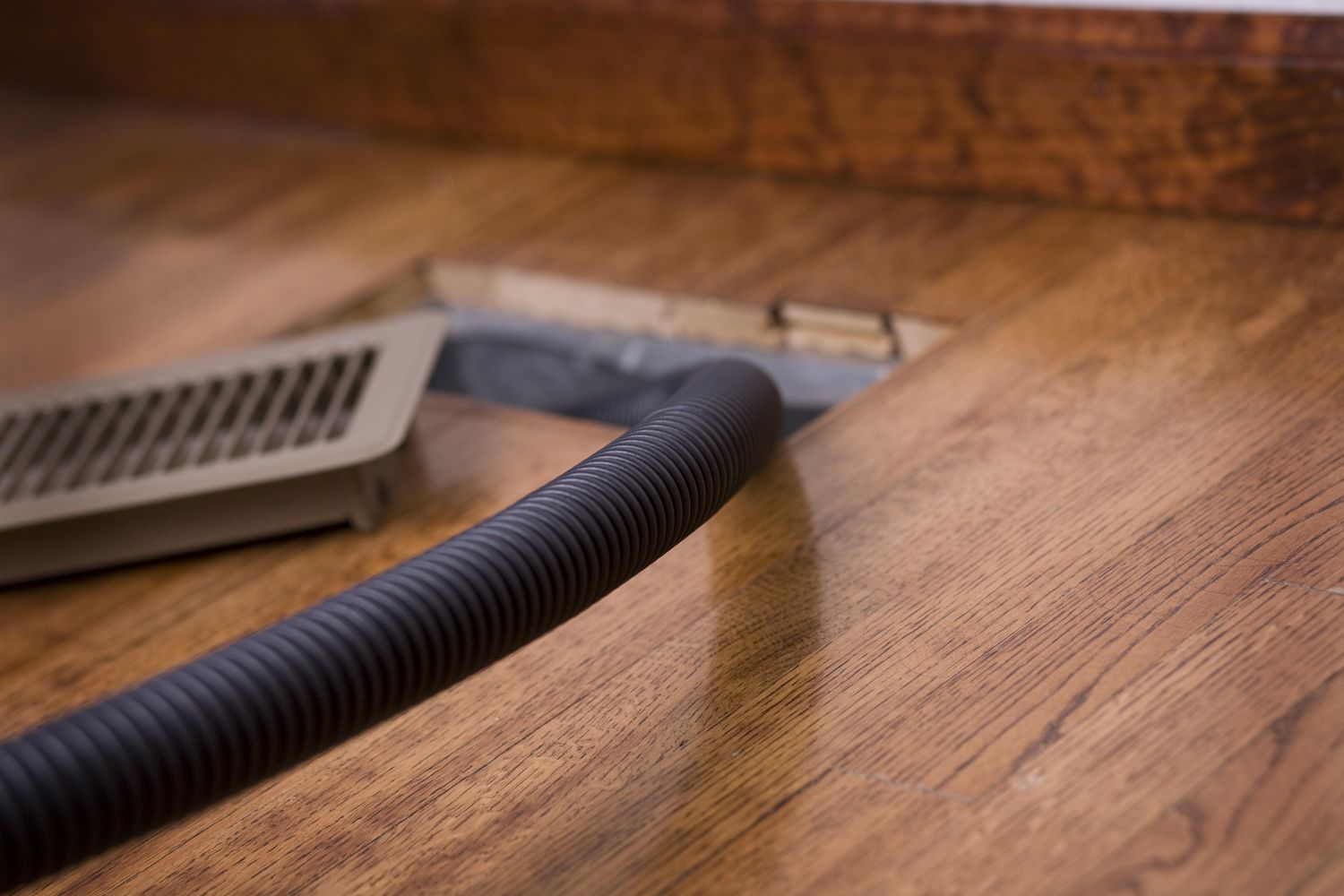
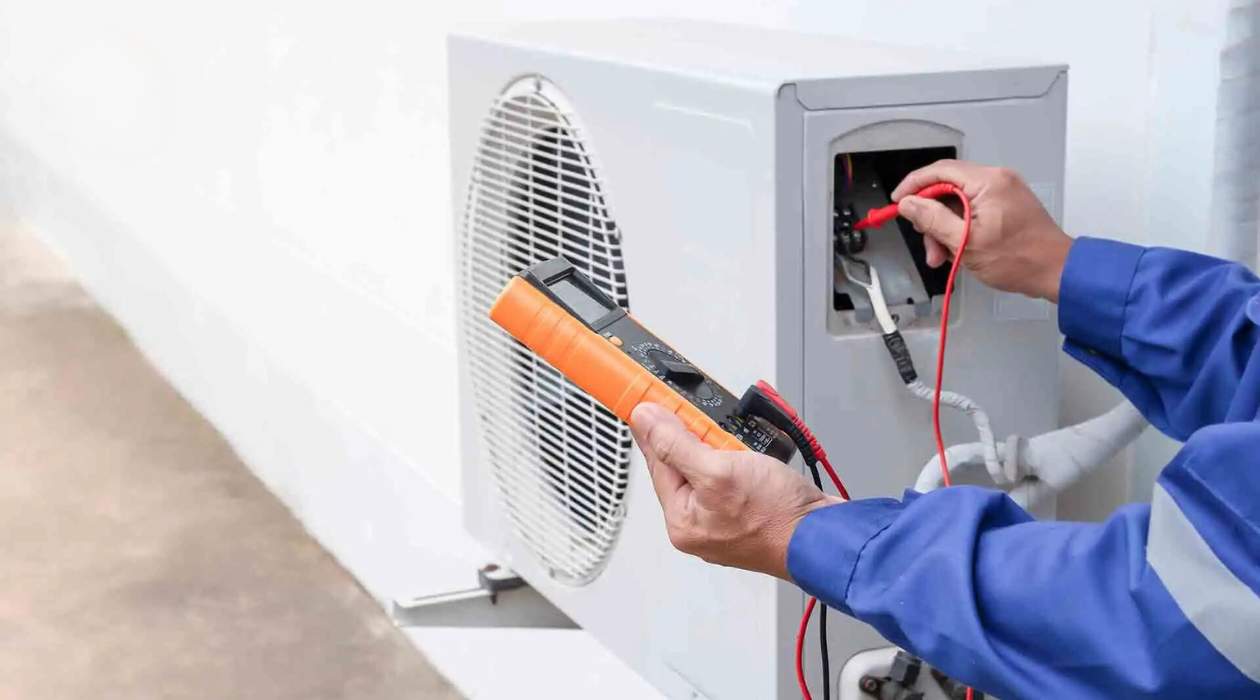
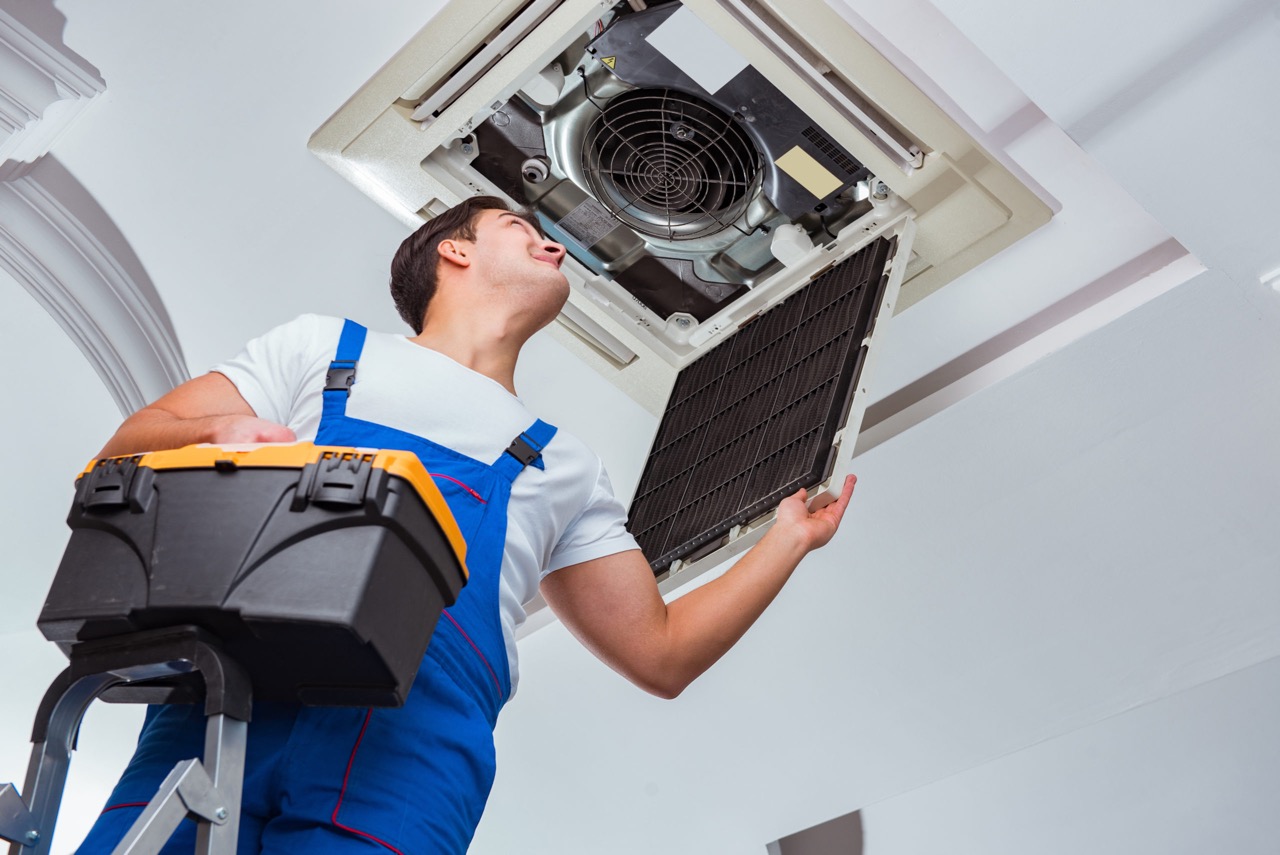
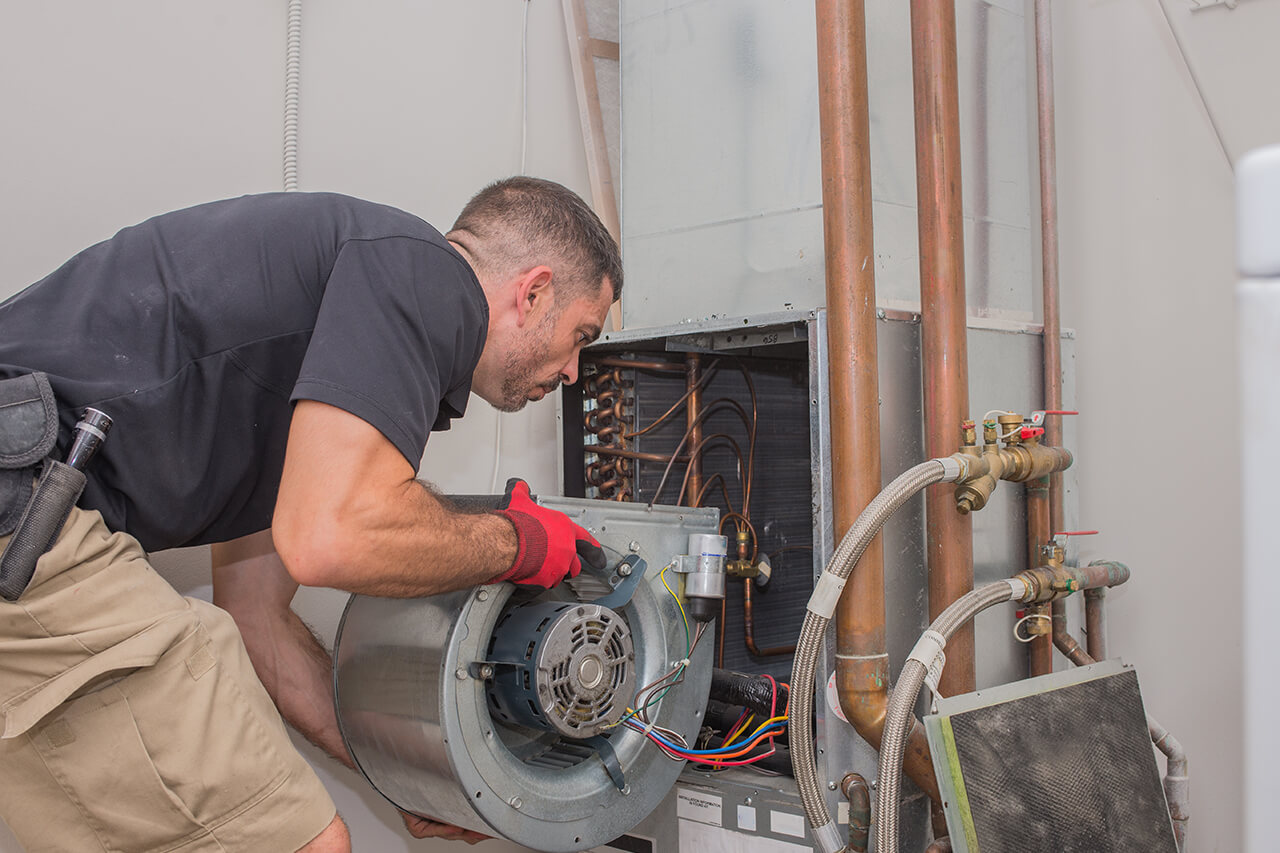
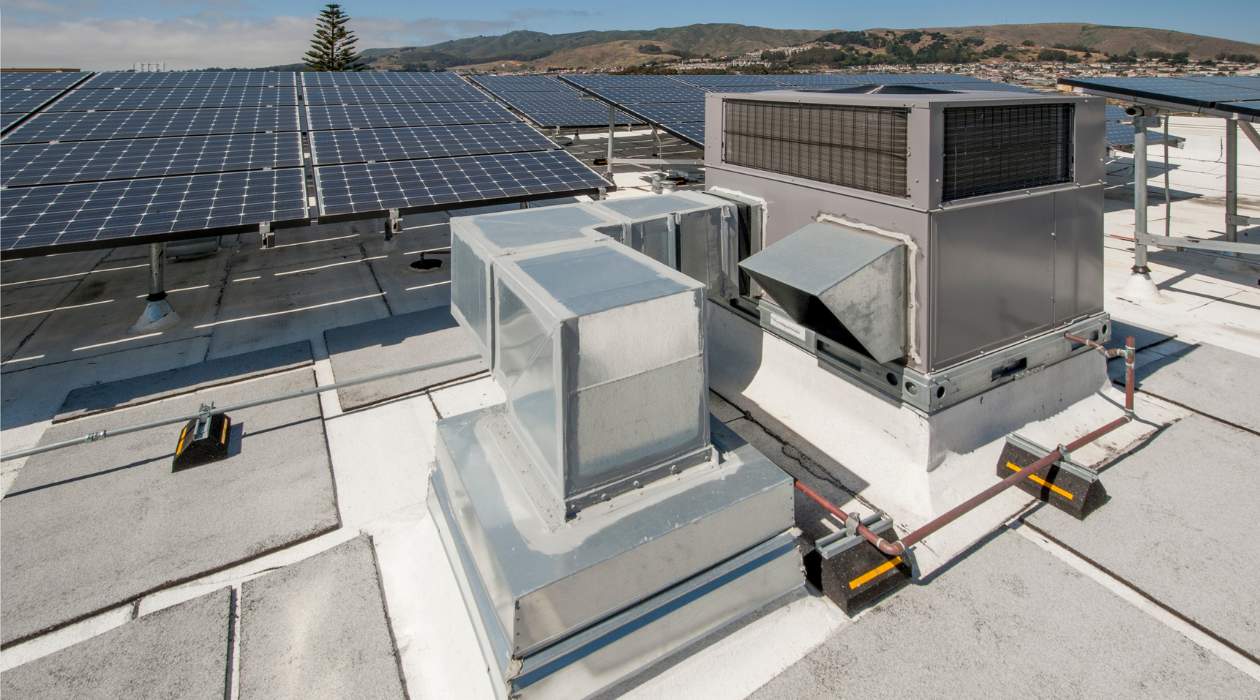
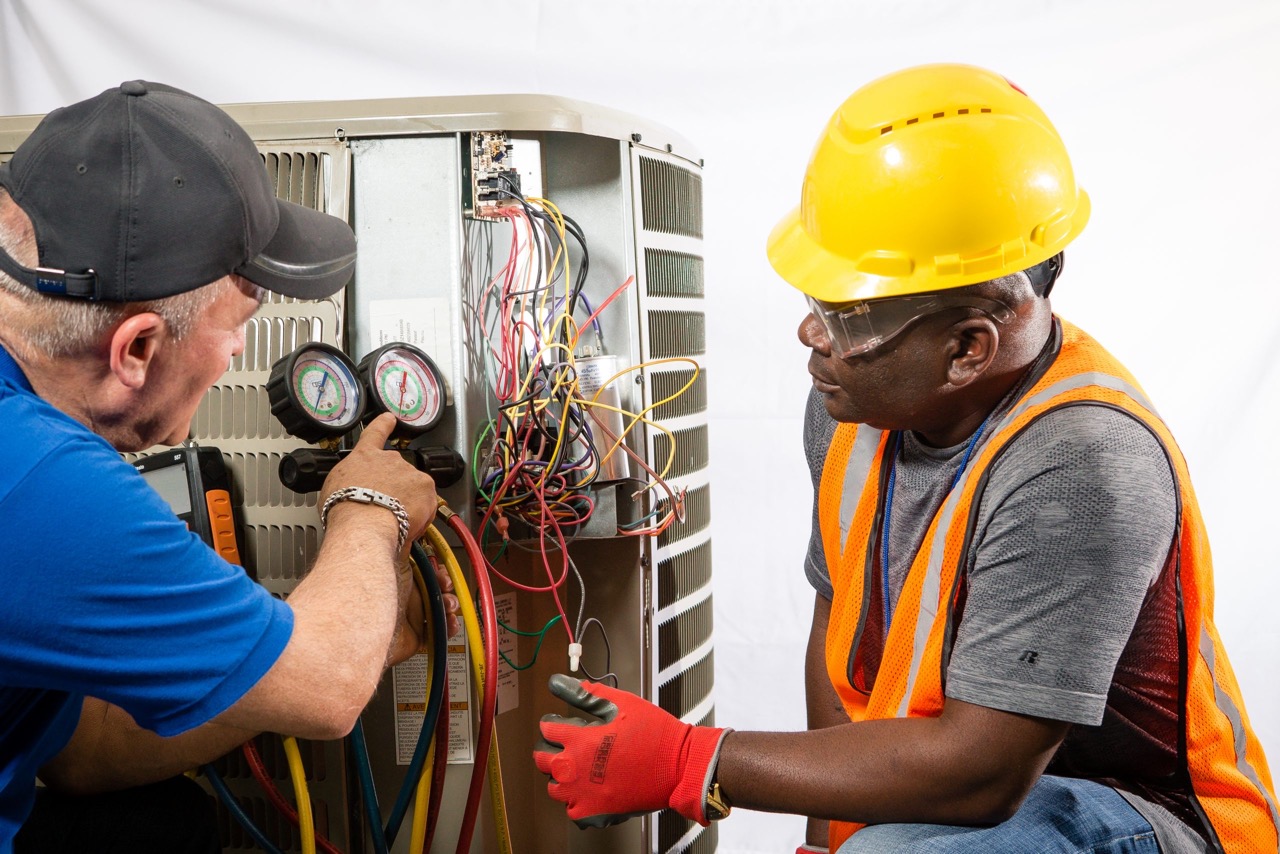
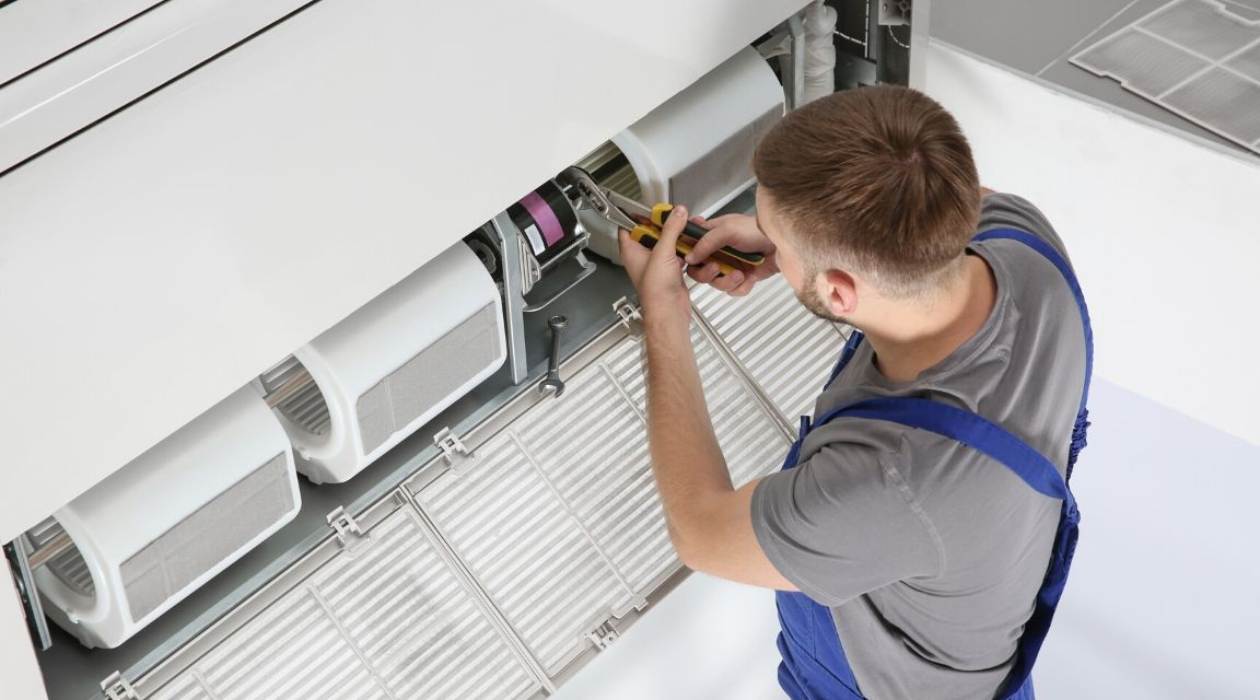


0 thoughts on “How Much Does A HVAC Installer Make”